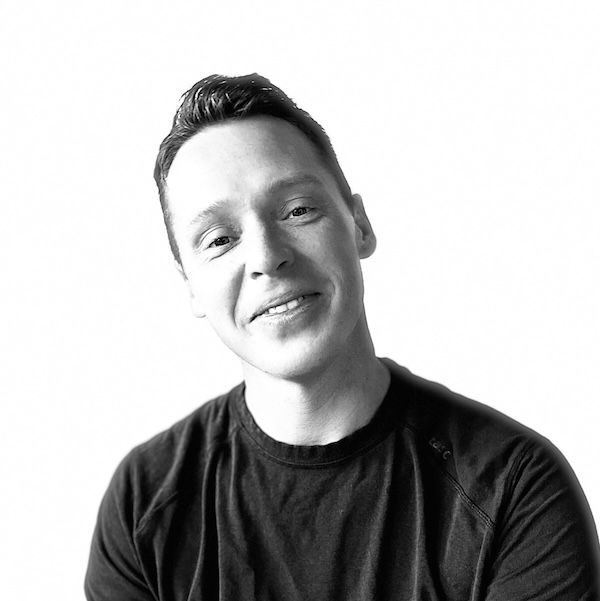Rice Global Paris Summer Program | 2026 Course Listing
ENGL 301 Introduction to Fiction Writing
(Paris Edition)
SESSION 2 | Wednesday, June 10 - Tuesday, June 30, 2026
Instructor: Ian Schimmel
Paris Summer Session 2
Wed. June 10 - Tues. June 30
| Move-in June 9 | Move-out July 1
(Summer 2026)
Course Description
Through hands-on practice, reflection, and experimentation, this D1 course introduces you to the histories and craft of literary fiction. Like an artist’s studio, our classroom is a space for bold attempts, missteps, revisions, and discovery. But in Paris, we will venture outwards, with the city and its rich literary history as our guide. We will draw on writers like Honoré de Balzac, whose major works transformed the streets of Paris into living characters; Victor Hugo, whose grand novels and dramatic poetics are infused with the city’s architecture and Romantic traditions; Émile Zola, who turned Paris’s social undercurrents and class structures into works of naturalist realism; and Marcel Proust, whose stream-of-consciousness style exemplifies the ways in which place can illuminate and even mirror the human psyche. Moreover, contemporary French and Francophone authors like Gisèle Pineau and Édouard Glissant will help us examine how questions of identity, space, memory, and “otherness” are lived and theorized against the backdrop of such a famous city. They remind us that Paris is many places at once: colonial capital, site of migration, and multilingual crossing.
We will also follow in the footsteps of the many American writers whose work was shaped by the city and French culture. Ernest Hemingway captured the rawness of expatriate life in spare, unflinching prose. F. Scott Fitzgerald examined the glitter and fragility of the Jazz Age, much of it through the lens of Paris salon culture. Gertrude Stein created a vital hub for experimental modernism in the city, hosting literary gatherings that shaped the direction of American and European literature alike. James Baldwin found in Paris both exile and freedom, producing work that confronted race and sexuality with a clarity sharpened by his distance from America. Taken together, these examples reveal that fiction is not the work of imagination in isolation, but rather an extraordinary dialogue between artist, place, history, and culture— and that the collaboration is often sharpened by the distance that travel makes possible. In a similar spirit, we will explore the streets, cafés, and contemporary issues of Paris so that we might identify new forms, voices, and urgencies for the stories we write today.
Students will read widely across styles and traditions, paying close attention to how writers transform lived experience and cultural context into narrative art. Regular workshops will provide opportunities to share story drafts, receive feedback from peers, and practice revision as an integral part of the creative process. Craft-specific exercises, museum-based ekphrastic writing, "croquis" (pleinaire, sketch-style observations), and other site-specific assignments will cultivate our writerly imagination and risk-taking. By the end of the semester, you will have assembled a portfolio of original short fiction that reflects both your growth as a writer and the ways in which Paris itself has shaped your imagination.
Credit Hours
This course is 3 Rice credit hours.
Does this course have prerequisites?
No
Does this course fulfill a Distribution Requirement?
Yes, students will receive D1 credit for this course.
Application Deadline
Priority Deadline: December 10, 2025
Final Application Deadline: February 1, 2026
For details on these two deadlines, please navigate to the Application Timeline section of the Program Information & FAQs page.
Questions?
For questions regarding the course content, please contact the course instructor (see below).
For questions regarding the program (budget, application process, financial aid, global awards), first read through the Rice Global Paris Summer Program Information and FAQs page on our website. If you cannot find the answer to your question, email us at globalowls@rice.edu.

Ian Schimmel, Department of English and Creative Writing
Ian Schimmel teaches at the intersection of creative writing, media, and technology, with a focus on student-led experimentation and critical engagement. At Rice University, he offers courses in fiction writing and podcasting and leads the university’s digital literary editing and publishing lab, housed under The Rice Review (r2), where students work at the convergence of text, image, and emerging media.